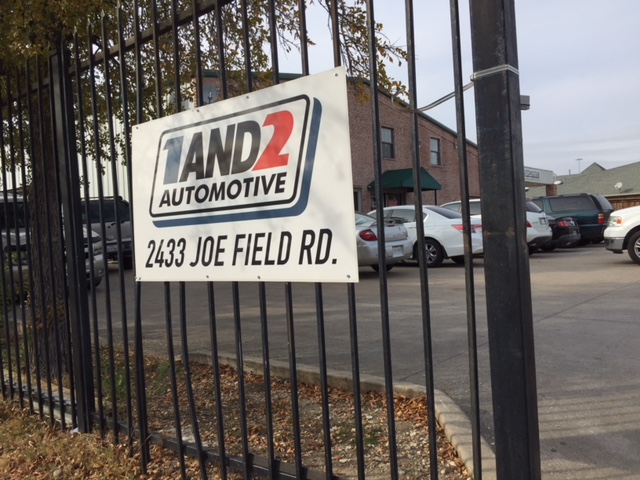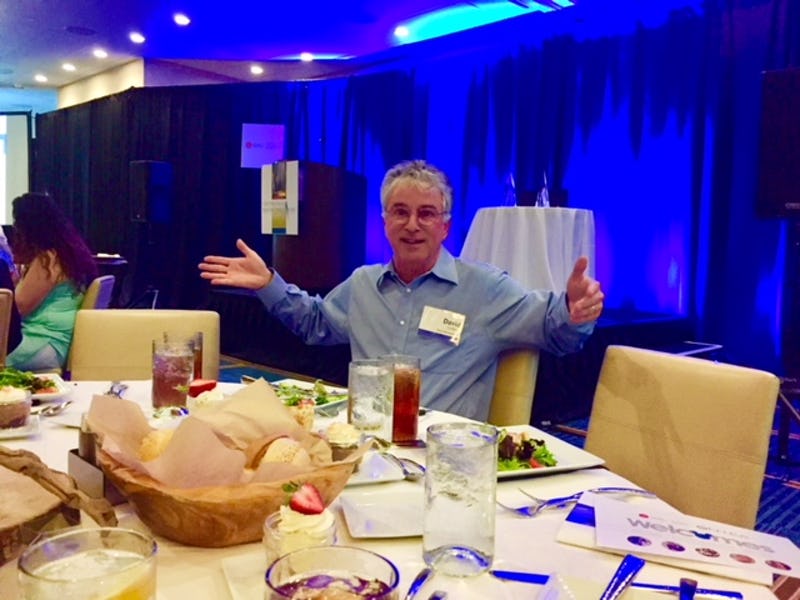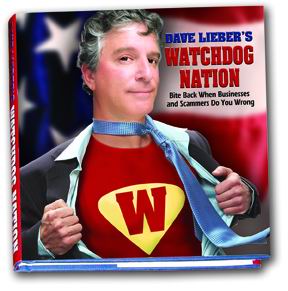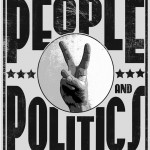When my wife and I picked up Christal Scott at her Dallas restaurant at the end of her waitress shift (her planned ride canceled because of bad weather), she was bitter about humanity.
With good reason.
She’d been without a car since July because of her duel with 1and2 Automotive in northwest Dallas. Her car was snatched back by 1and2 in what she called an illegal repossession. She lost her $5,100 cash down payment, too.

She sued the used car dealer in small claims court, and stood up to co-owner David A. Kost Jr., whom I call the King of Car Repossessions. The day of that trial, Kost told me many of the 200 cars he sells each month come back to him. (Note: This story first appeared in the Jan. 19, 2018 Dallas Morning News.)
It was quite a courtroom scene. No lawyers. Just the single mom, 43, still wearing her all-black work uniform and platinum blond hair tied back in a ponytail, going toe-to-toe with Kost, 39, shaved head, goatee, untucked shirt, jeans and boots with a silver chain around his neck.

“I was a mess that day,” she recalls. “I didn’t know what to ask him. It was really scary.”
She won. A jury awarded her $2,000. She hoped to use the money for a down payment on another car, but, as of Thursday, Kost has not paid.

1and2 Automotive sales tactics
We were driving to a car dealership in Plano, but Christal didn’t know exactly why. She’d find out soon. A surprise of a lifetime. For the moment, the Irving woman was sour on life.
“Everything you do nowadays is a ripoff,” she said. “You can’t trust anybody at all. Not businesses. Not anybody. Nobody is honest. Everybody is so greedy.”
She’s worked at the same restaurant for 11 years. She has no family other than her disabled son. She’s street-smart and savvy.
She’s also brave. By herself, she took on what The Watchdog calls one of the worst used car dealerships in Dallas.
The pattern, shown through my reporting, is that 1and2 Automotive customers often find their desired cars on Craigslist. But when they arrive at 1and2 at the corner of Reeder and Joe Field roads, they’re told sorry, that car sold 20 minutes ago.

A salesman points the buyer to a more expensive car and asks to see cash to make sure the customer is serious. The cash is dropped in an office safe. Salesman says he can’t get it out. You just bought a car.
Kost, who owns 1and2 with his father, David A. Kost Sr. (hence 1and2), told me customers can get the money back in a check, but it takes two weeks.
That scenario happened to Christal and also to Dalwan Washington, a single mom whose story I shared. She lost her car because she missed a $275 payment by a few days. She, like Christal, was confused because it turns out the contract language calls for biweekly, not monthly payments.
Christal thought she was making a monthly payment of $450 but it was actually supposed to be $900 a month on a Camaro, a car she felt forced to buy after they snatched her life savings of $5,100 and dropped it in the safe.
If you come back to the dealership to complain, staff puts you in what Kost calls “the manager’s room.” I call it “the scream room.”
Kost said, “If someone is in my showroom and they’re yelling and screaming, what do you do? You can do whatever you want to in this room. … The thing that upsets them about this room is their voice doesn’t go very far [even] if they yell and scream.”
Makes you want to buy a car, huh?

A surprise at Ewing Buick-GMC
We arrived at Ewing Buick-GMC on Dallas Parkway in Plano. General manager Jeff Gaden was waiting with a smile — and a surprise.
Four anonymous donors, after reading about Christal’s plight, stepped forward with more than $12,000 in contributions. It’s a bit overwhelming.
Gaden happily said that he would sell her a 2012 Honda Accord (one of the best cars ever made), black to match her waitress uniform, with 65,000 miles.
“Are you serious?” Christal asked, fighting back tears.
Gaden sold it at wholesale, so Christal has no payments.
The Buick GM told her why. “We appreciate you standing up in court.” Auto dealers, he said, “try to keep a good name. That’s important to us for someone like you to stand up.”
Asked what lesson she wants to share, she agreed.
“The lesson is to stand up and fight,” she said.
She sat in the driver’s seat. “I’m ready to drive. It’s been so long. … No more Uber or Lyft.”
“You told me people were kind of rough and mean. And that you couldn’t trust anybody,” I reminded her.
“Yeah.”
“You still think that way now?”
She answered quickly.
“Nope.”









